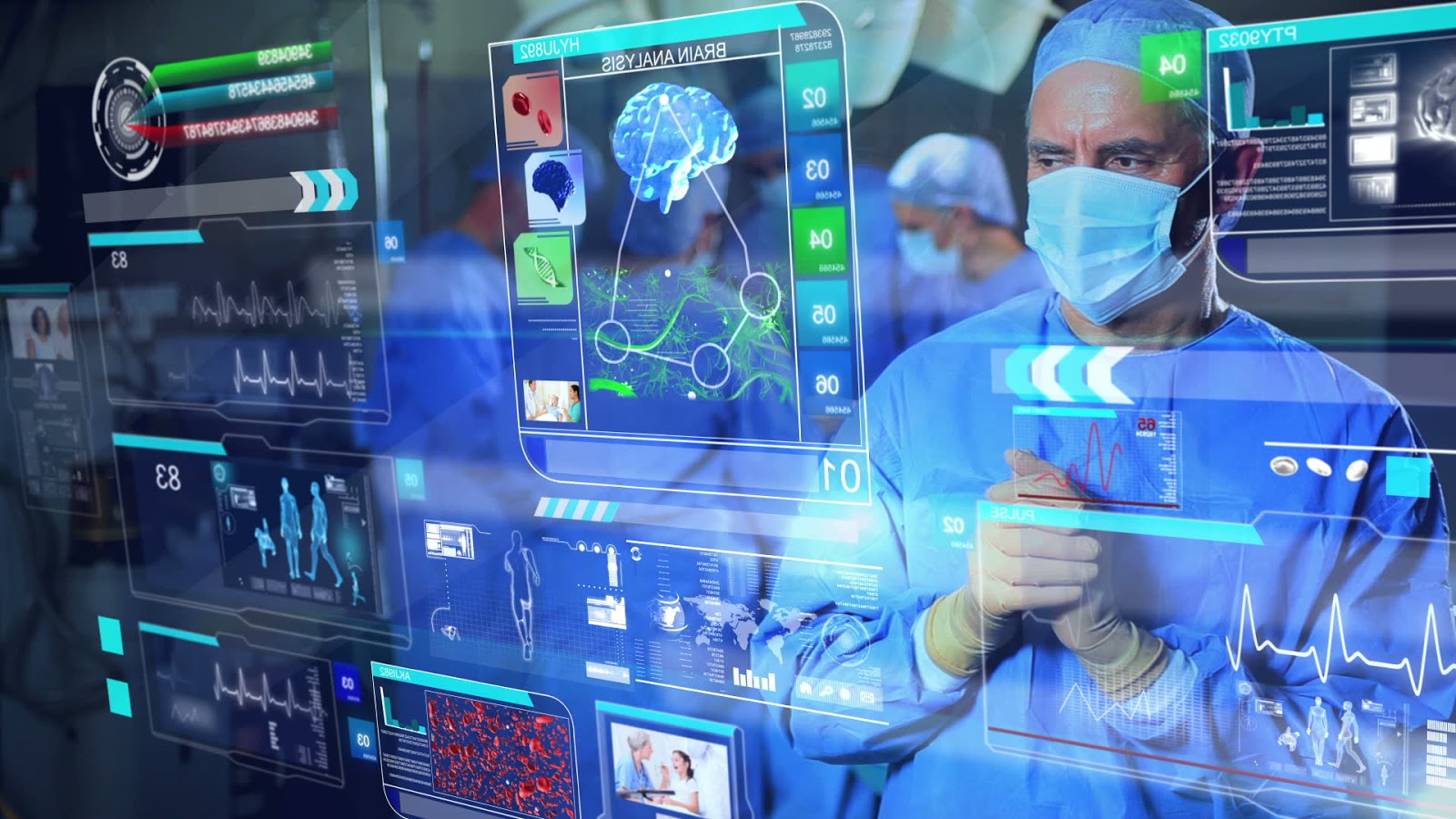‘ICT’ – The Key Element in Transforming Conventional Healthcare
Information and Communication Technology or ICT has invaded all parts of our life including healthcare. As an industry, the main aim of Healthcare is to improve quality and accessibility of medical service while reducing its costs. ICT comes as a boon to Healthcare in helping it face its many challenges and resolving its conflicts. Let us see how.
Why do we need ICT in Healthcare?
The need for Healthcare ICT systems is strongly felt
1. Provides Healthcare for all
The WHO has prescribed an ideal doctor-patient ratio to be 1:1000 whereas India has this as only 1:2000! India needs nearly 2 million doctors immediately! Only Healthcare ICT systems can bridge this gap between available doctors and their need through the use of IoT devices, Mobile Technology and Telemedicine.
2. Enhances Accessibility of Healthcare in Remote Areas
Right now, 80% of the doctors in India, 60% of the hospitals and 75% of the dispensaries are located in the urban areas. And they serve only 28% of India’s masses! India's predominant rural countryside has only 1/4th of the doctors it should ideally have. Telemedicine can be the
Life-saver for many in India's 600,000 villages by enabling them to consult doctors over the internet.
3. Initiates Timely Delivery of Healthcare services
The use of Mobile Apps and electronic diagnostic tools have improved the speed of Healthcare service provided by doctors and hospitals. This is possible by reducing the patient's waiting time by the online fixing of appointments for medical consultations or diagnostic tests.
4. Improves Quality of Medical Service by Physicians & hospitals
Healthcare ICT systems employ several computerized processes for diagnosis, decision making and medication orders. This reduces the risk of error as alerts get triggered on the prescription of unsuitable drugs and also enables quick transfer of prescriptions online to pharmacies. By the use of e-diagnostic tools, the interaction time with physicians is increased, thereby improving the quality of medical service.
5. Develop Transparency and Trust in Healthcare
The advent of Electronic Medical Records (EMR) has brought a quantum leap of faith among patients towards doctors. With EMR, the patient information is easily available online and can be accessed by the patient itself. This brings in a huge element of transparency and trust in Healthcare service providers.
6. Reduce the Costs of Healthcare
Healthcare ICT systems have improved the efficiency of medical care, thereby reducing its costs. This has been achieved by avoiding unnecessary therapeutic intervention or duplication of diagnosis through improved communication and patient involvement.
Application of ICT in Healthcare
Healthcare ICT systems integrate technology with clinical care seamlessly in many ways.
1. IoT in Healthcare
The Internet-of-things has brought in a huge revolution into medical services. A number of IoT devices have flooded the market and revamped the healthcare system like the ones below.
· Continuous Glucose Monitoring systems
These Continuous Glucose Monitoring systems use sensors below the skin to transmit your daily glucose levels to a mobile app via a transmitter. You can now track your sugar levels without taking blood samples.
· Activity Trackers for Cancer
Activities of Cancer patients like appetite, sleep, fatigue, etc. are monitored using trackers.
· Swallowable Sensors for Medicine Adherence
According to the WHO, 50% of the medicines prescribed are hardly taken in by patients. To remedy this, a computer chip in capsule form is swallowed and once it dissolves, this transmits the body's condition to a mobile app. No more cheating on pills! This sensor is going to catch you red-handed!
· Connected inhalers and contact lenses
Inhalers connected to Mobile Apps track the patient's pulmonary condition for COPD while contact lenses connected to sensors track glucose levels for diabetics.
2. Hospital Management system
ICT plays a major role in both Hospital Information System and Hospital Management Systems. The use of Online Patient Check-ins, Patient Journey tracking and Calendar booking system increases the efficiency of Hospital Management. Hospital Information systems are made more productive with the use of EMR, Electronic Transfer Prescriptions and Computerized Practitioner Order Entry.
3. Telemedicine
Telemedicine has made a mark among Healthcare ICT systems by
Ensuring the continuum of clinical care at home and
Making healthcare accessible to rural areas.
In all, ICT has opened up new doors to healthcare signalling the arrival of high-quality and patient-centric medicine. Healthcare ICT systems will prove to be a new milestone in the success of Indian medicine.






